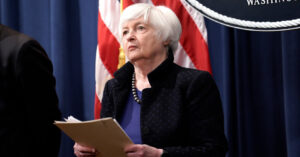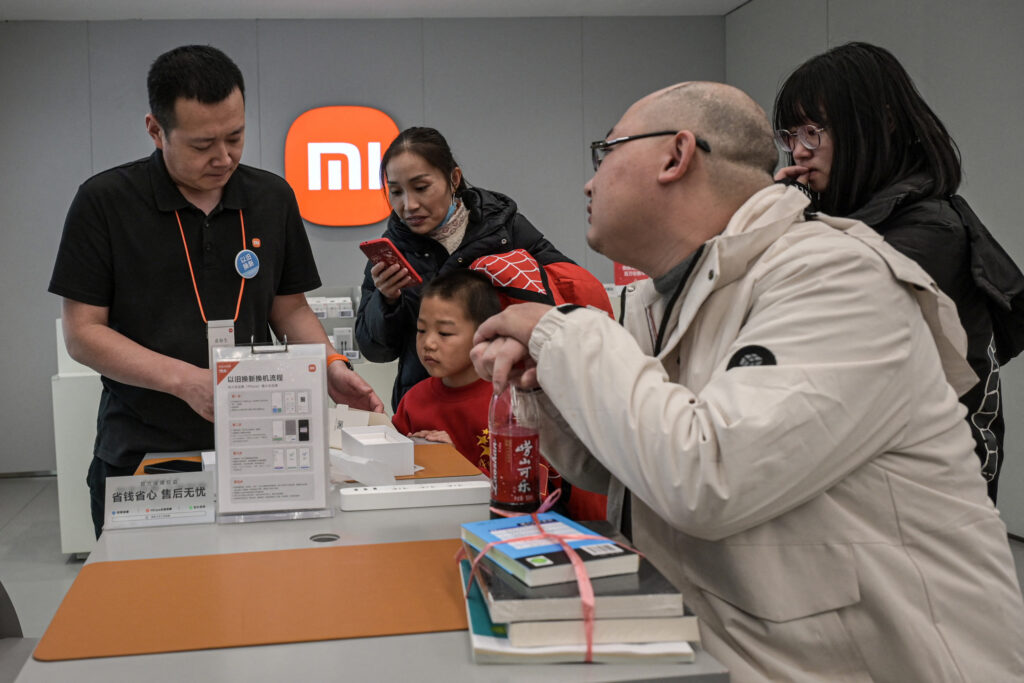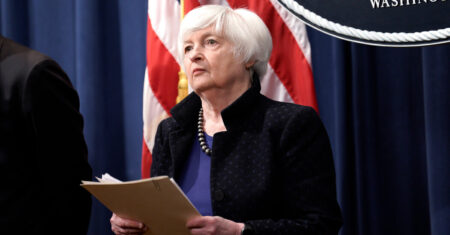China could be facing its longest deflationary cycle since the 1960s, it has been warned, as policymakers pin their hopes on the rollout of measures aimed at stimulating the world’s second-largest economy.
Newsweek has reached out to China’s National Bureau of Statistics with an emailed request for comment.
Why It Matters
China has struggled to stabilize its economy since the end of President Xi Jinping’s strict “zero-Covid” pandemic-era lockdowns, buffeted by headwinds such as a depressed housing market, a sector that accounts for as much as 70 percent of household wealth. Meanwhile, low wages and economic uncertainty have kept consumers cautious, further dragging on prices.
While China’s statistics bureau reported the country had hit its target gross domestic product (GDP) growth on the back of a stronger-than-expected fourth quarter performance Friday, analysts point out deflation—which in 2024 continued for a second consecutive year— continues to present a long-term threat to recovery.
What To Know
The median forecast of a Bloomberg poll of 15 analysts estimated the GDP deflator, a broad metric of price changes in an economy, would hit 0.2 percent this year.
The GDP deflator, which measures the change in price levels by comparing nominal (inflation-adjusted) GDP to real (constant price) GDP, will reach -0.2 percent this year, compared to the average 3.4 percent annual rise in prices during the decade before the pandemic.
JP Morgan Chase & Co. and other Wall Street lenders cited by Bloomberg predict the deflationary cycle would continue this year, marking the longest such stretch since the Great Leap Forward era under Chinese Communist leader Mao Zedong, whose policies caused a famine that killed tens of millions.
The country hit its GDP target of around 5 percent last year, with better than expected 5.4 percent expansion in the fourth quarter.
However, many economists—including China’s former No. 2 Li Keqiang—have cast doubt on China’s official growth figures. It’s a sensitive topic for Chinese President Xi Jinping, and questioning them has landed some top economists in hot water.
What People Are Saying
Frederic Neumann, chief Asia economist at HSBC Holdings Plc in Hong Kong, told Bloomberg:
“Stimulus, stimulus, stimulus, particularly on the fiscal side, is very much needed in China. We’ve seen in other economies a big policy push is needed to permanently get out of disinflation. And that’s something we think will gradually happen in China, but very gradually indeed.”
Kang Yi, director of China’s National Bureau of Statistics:
“There have been positive changes in the price situation. Market demand is picking up, leading to a rebound in prices. From the perspective of consumer prices, the CPI (consumer price index) rose in the fourth quarter, mainly due to the downward impact of food prices, more reflective of the relationship between supply and demand, the core CPI rose for three consecutive months.”
George Magnus, associate at the University of Oxford China Centre and former chief economist at UBS Investment Bank, told Newsweek:
“Relative to both global and the U.S. GDP, China has regressed in 2023 and 2024 for the first time since the ‘rise of China’ began. This is only minimally related to exchange rate changes, and mostly about both China’s faltering economic growth model, and its inability to successfully address deflation.”
What’s Next?
The move comes just ahead of the Lunar New Year, a time when many Chinese consumers splash out on gifts for family members, as well as travel to visit their hometowns or to vacation spots across China and beyond.
Chinese leaders hope the $1.4 trillion stimulus package announced in September will help put the economy back on firmer ground this year, and Xi has called for additional proactive measures going forward.
Read the full article here

















